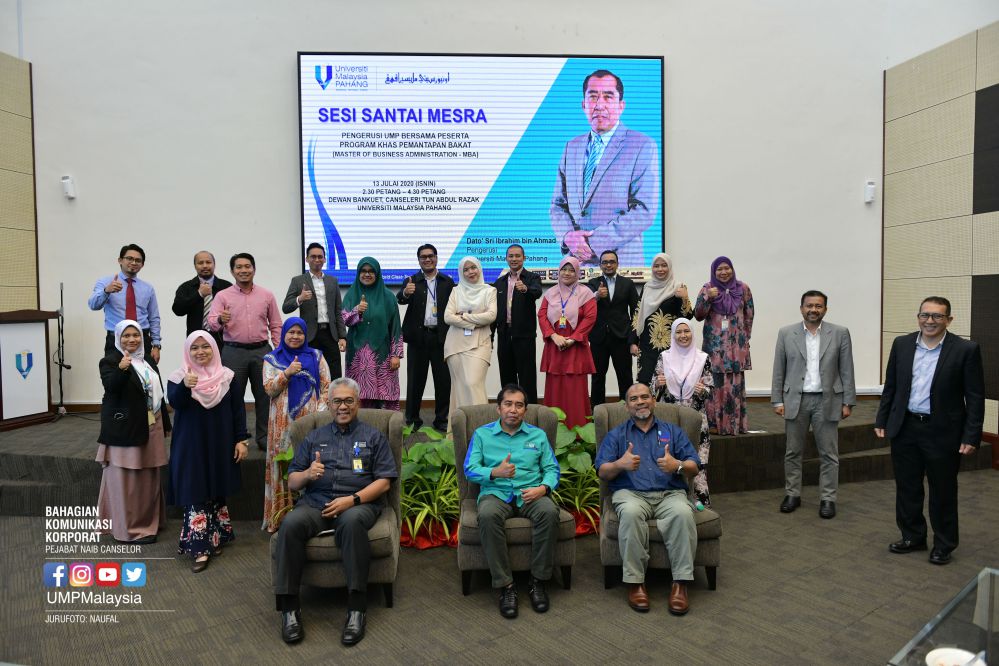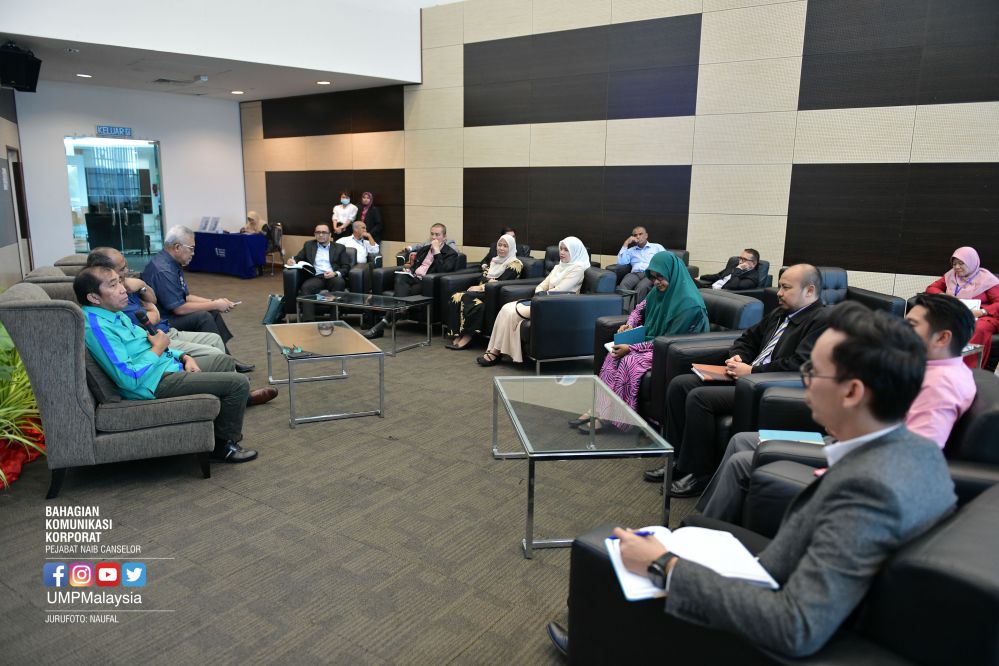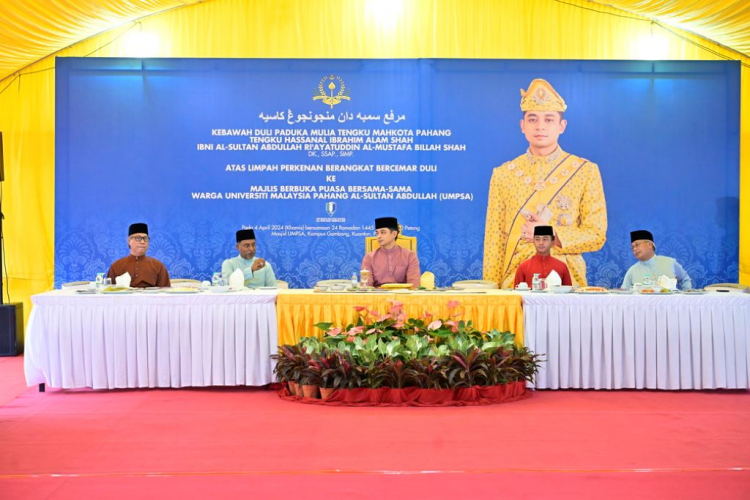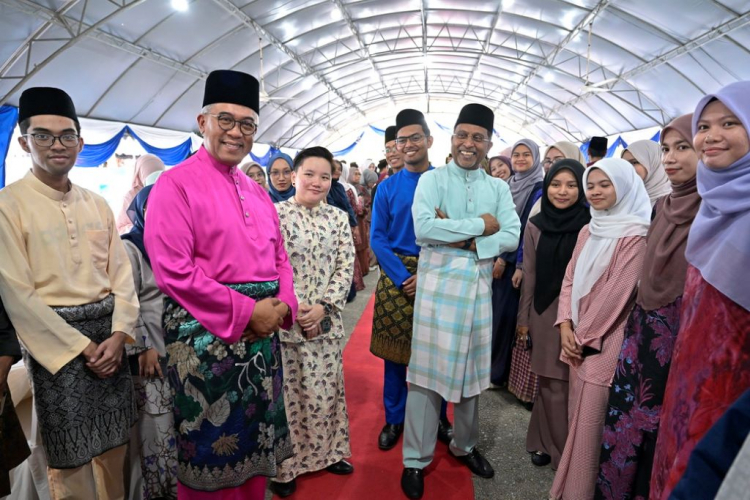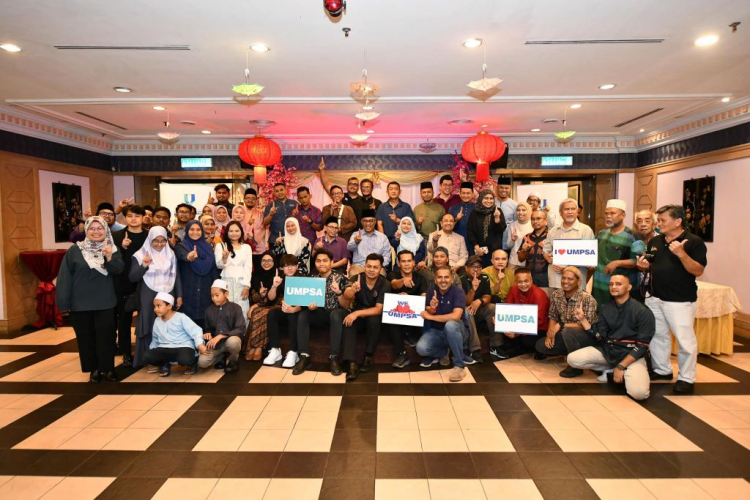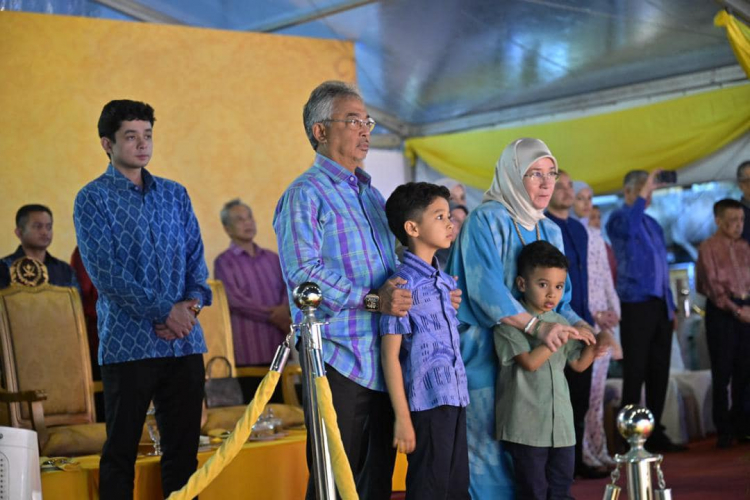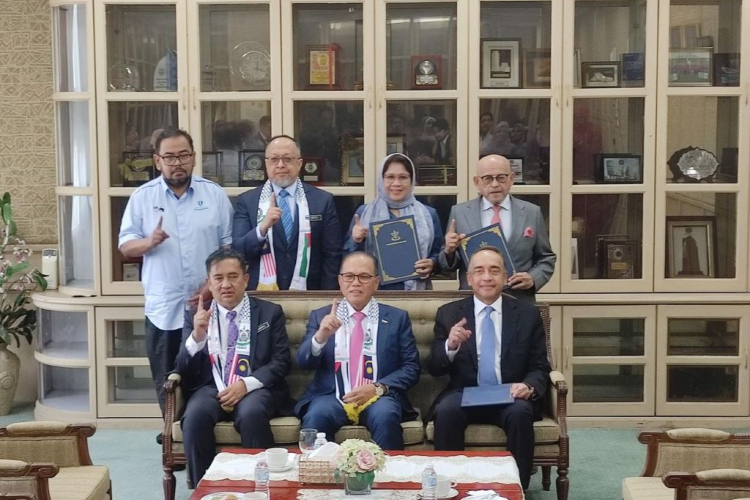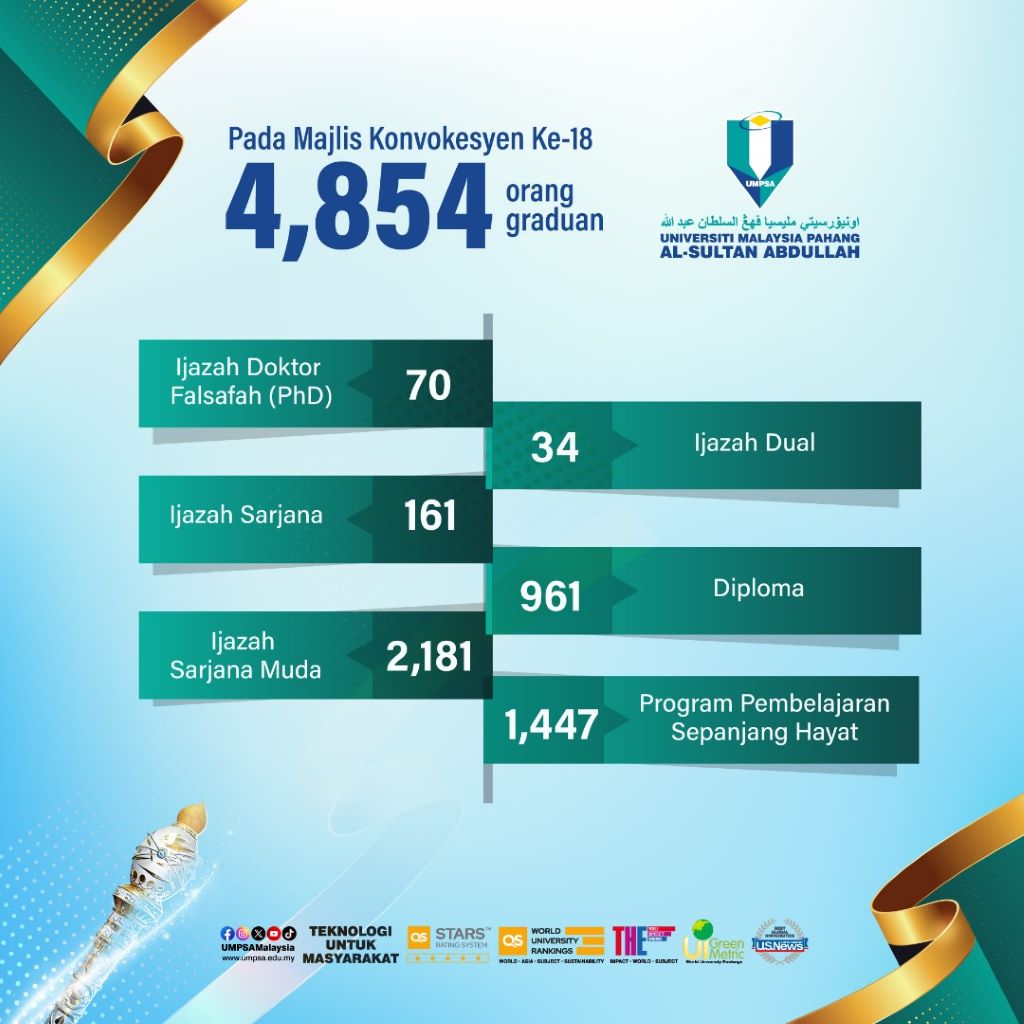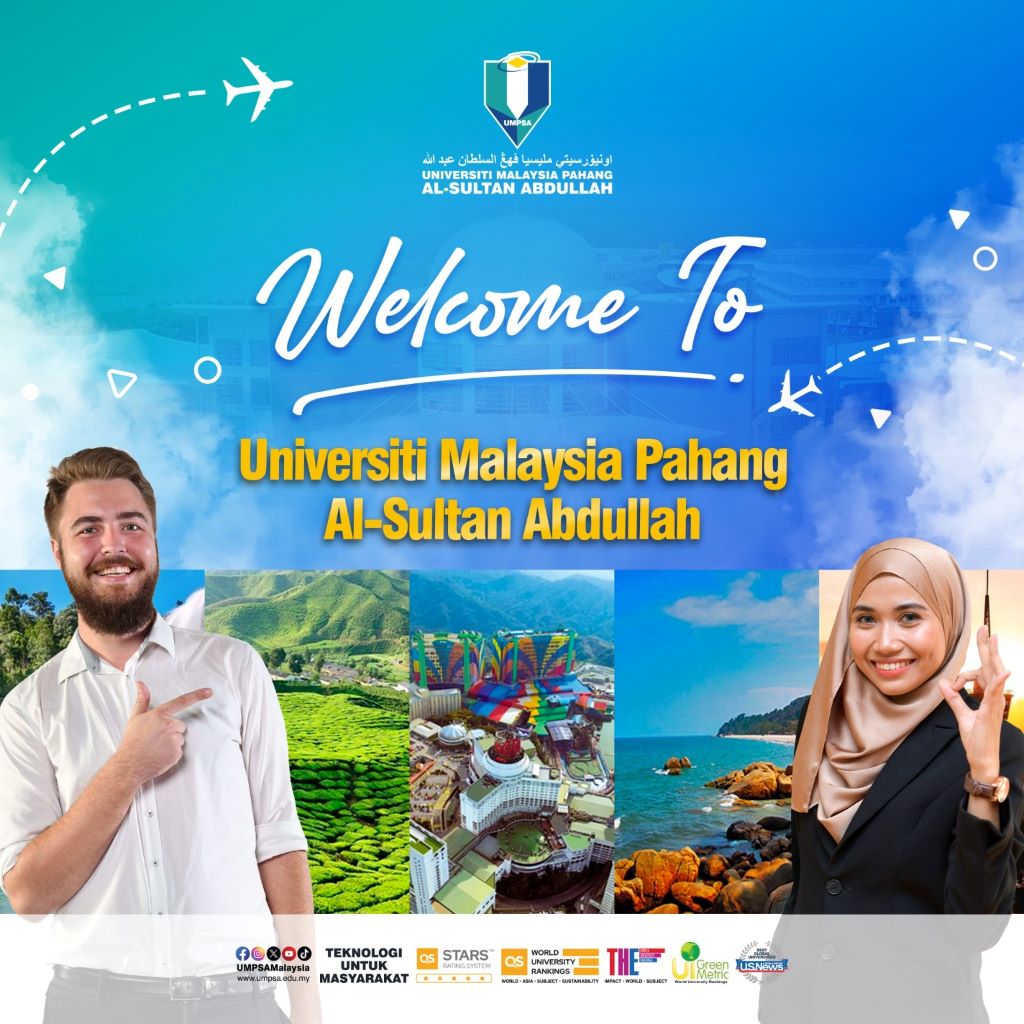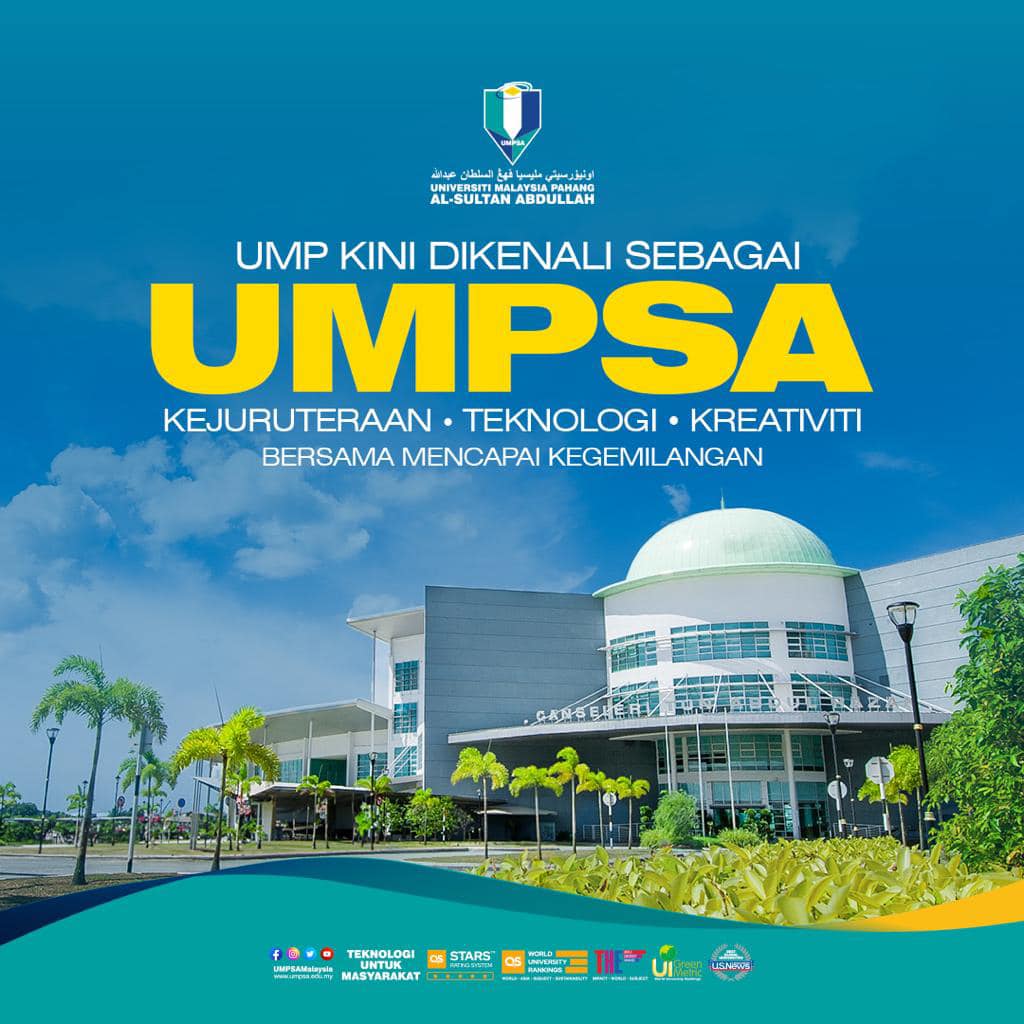Administrators need to cultivate a culture of excellence, dynamism and strategic thinking
Pekan, 13 July 2020 - In the era of increasingly competitive globalisation, every organisation needs its employees to be more aggressive, creative, innovative, productive and dynamic to keep pace to achieve the organisation’s goals towards excellence.
The same goes for the university administrators who also play a role in realising the aspirations of a university.
Administrators must practise excellent culture with strategic thinking, need to be more dynamic and able to push the envelope through critical mental strength, especially in tasks related to management and administration and to be in close contact not only with management but also with the head and subordinates.
This commitment demands excellent administrators to have the best characteristics to ensure that the institution’s agenda is achieved effectively.
According to the Chairman of Universiti Malaysia Pahang (UMP), Dato’ Sri Ahmad Ibrahim, administrators should prepare themselves by gaining knowledge and understanding the process of good governance.
“A dynamic administrator should be wise in planning, managing and monitoring as well as giving advice in solving a problem,” he said.
He also shared about the greatness of an Islamic scholar, Tan Sri Professor Dr. Syed Muhammad al-Naquib Ali al-Attas who is a philosopher who mastered the knowledge of Theology, Philosophy, Metaphysics, History, and Literature.
He has contributed many ideas to the development of the country and written various books on Islamic thought and civilisation.
“Dynamic administrators can give advice and reckon with risk factors in decision making, be the advisor to the department heads, deans and others.
“They need to be efficient, particularly concerning facts and information related to the university,” he said when meeting with the participants of the Management and Professional (Administration) Talent Strengthening Special Programme organised by the UMP Registry Department at the Banquet Hall, Tun Abdul Razak Chancellery, UMP Pekan.
The event was also attended by the Deputy Vice-Chancellor (Academic and International), Professor Dr. Ts. Rosli Hainin, Deputy Vice-Chancellor (Student Affairs and Alumni), Professor Dato’ Dr. Yuserrie Zainuddin and Dean of the Faculty of Industrial Management (FIM), Dr. Fazeeda Mohamad.
According to Dato’ Sri Ibrahim, the role of university administrators is as crucial as the role of lecturers and also contributes to changes in society.
“As the driving force for a university, administrators should be considered as partners in terms of governance.
“The role of administrators as planners, implementers and strategic monitors at the university will contribute to the achievement of the best service.
“Besides, attention should be given on the basic skills of management especially in customer management, human resources, and risk management, and procurement skills especially in the areas of supply, assets, budget and financial analysis,” he said.
He added that others include integrity arising from the value system, and it is a trait that distinguishes a responsible administrator.
“Leadership style can also handle the changes that will lead the organisation to greater heights and dedicated administrators are not selfish and even prioritise the interests of the organisation while on duty.
“In improving the administrative staff competency, UMP has introduced a Management and Professional (Administration) Talent Strengthening Special Programme for the administrators,” he said.
Fifteen non-academic staff at UMP are pursuing the Master of Business Administration (MBA) program under the Faculty of Industrial Management (FIM).
This programme, now in its second year, will improve the quality of services and administration, and even be competitive in line with the current technology rapid pace.
By: Mimi Rabita Abdul Wahit, Public Relations Unit, Office of The Vice-Chancellor
Translation by: Dr. Rozaimi Abu Samah, Engineering College/Faculty of Chemical and Process Engineering Technology


